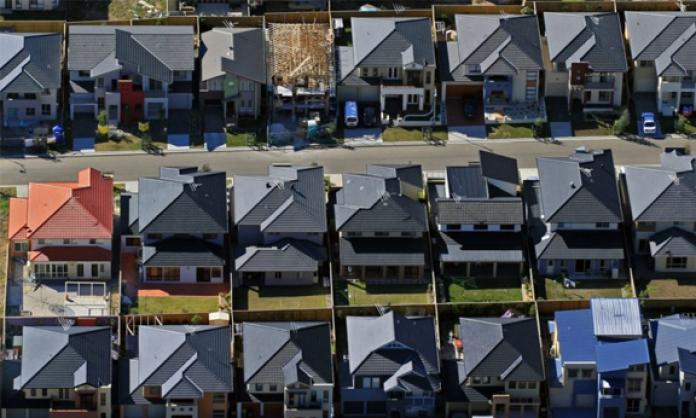Fewer than 6 percent of all rental listings in the country are affordable for those living on income support payments, according to Anglicare’s annual Rental Affordability Snapshot.
The scale of the crisis is alarming, and particularly severe in Sydney, where only 57 out of more than 18,000 private rental properties surveyed – less than 1 percent – were found to be affordable for those on income support.
The report notes that, for those on Newstart or Youth Allowance, it would be “almost impossible to find an affordable home anywhere in Australia, whether regional or metropolitan”.
Avery, a single parent with two kids living in Sydney’s west, rents a one-bedroom granny flat from her aunt and divides it with a bookcase to give her kids a separate space.
“I have a casual job but it is only nine hours a week currently – I cannot afford over $400 a week to rent a two-bedroom apartment in the area”, she tells Red Flag. “I am pretty sure I would still be struggling to afford it even working full time with the cost of two children and all the other bills.”
A property market bubble has doubled Sydney house prices in less than 10 years. Combined with record low wages growth, the decimation of public housing and concerted efforts at gentrification, this has led many workers to migrate to the outer suburbs in search of affordable accommodation.
The result is a pronounced economic disparity between inner-urban areas and the suburban fringes.
For most of the 500,000 people who travel from Sydney’s west to the city every day for work, moving closer to employment opportunities and social facilities is a pipedream.
Successive governments, both Liberal and Labor, have been selling the lie that property and rental prices are high because of insufficient supply, and that if the imbalance is fixed, the market will provide affordable homes for everyone.
But in Brisbane, the report notes, “even a ‘glut’ of rental accommodation has little real effect on the availability of properties that are both affordable and appropriate for families and individuals on low incomes. This group is increasingly struggling to find entry points to the market either as buyers or renters”.
The billions of dollars funnelled to housing investors have failed to push down prices for renters. They have just subsidised wealth accumulation as investment properties are left empty, the owners chasing capital gains, while tens of thousands of people sit on waiting lists for public and social housing. In some areas the wait time is longer than 10 years.
It’s not “supply” in general, but the type of supply, that will make a difference. We need a massive increase in public housing, not more handouts to developers trying to make a buck.








